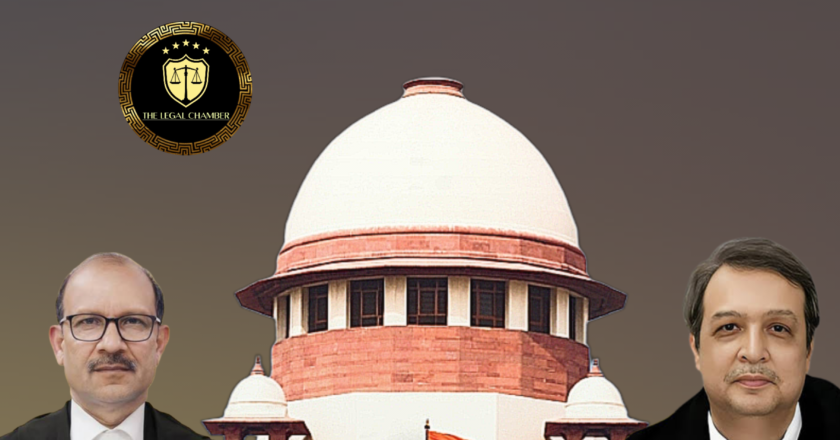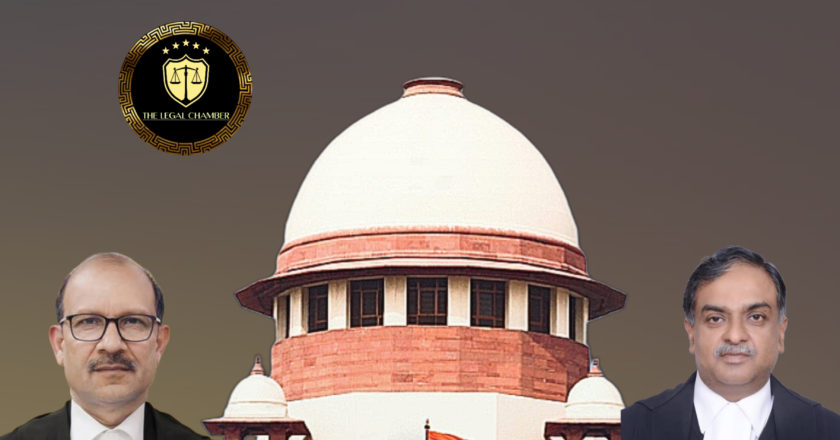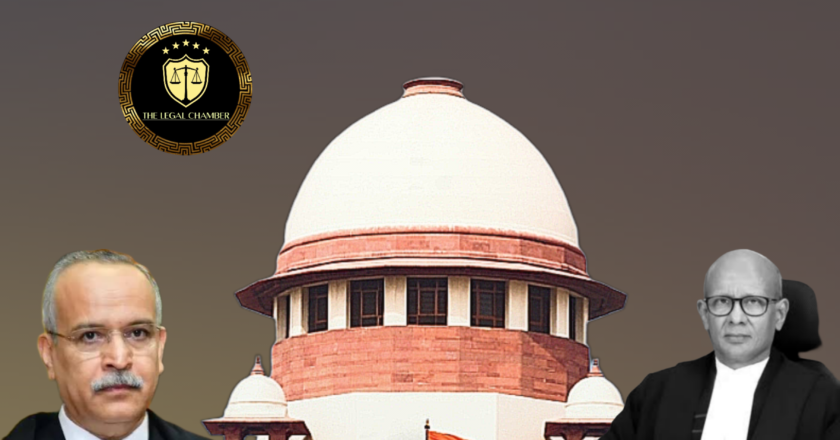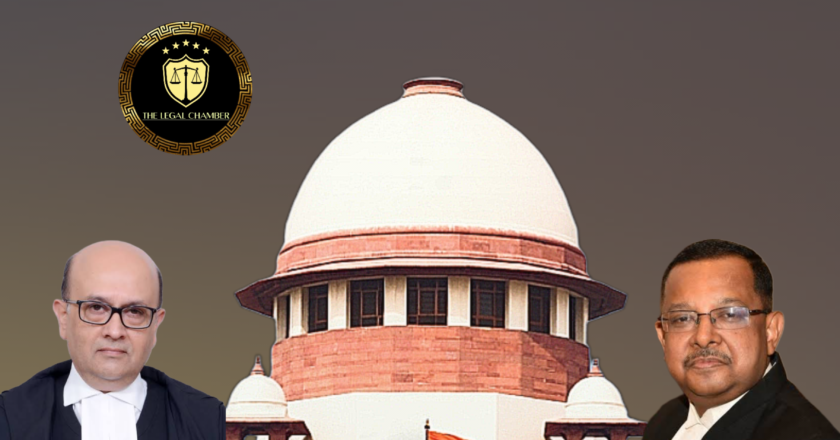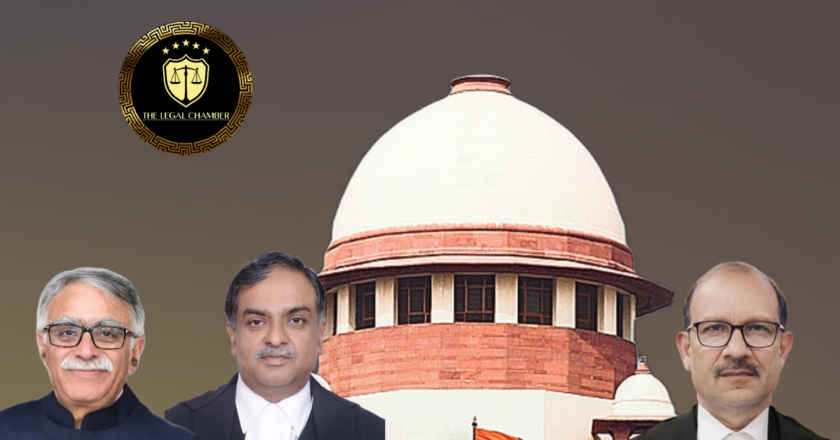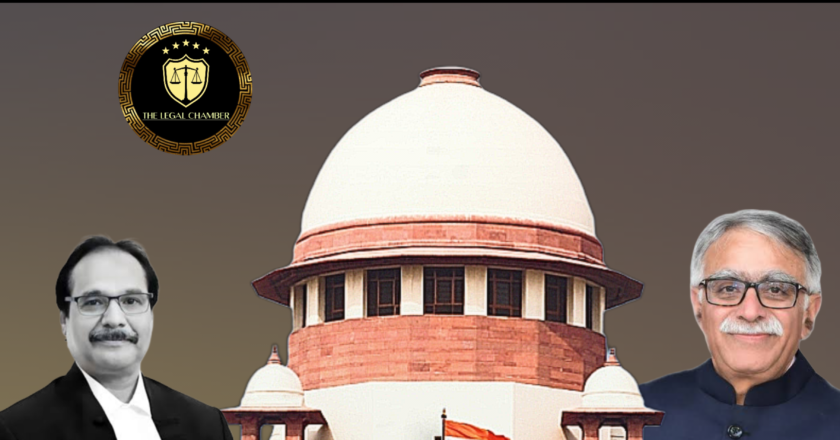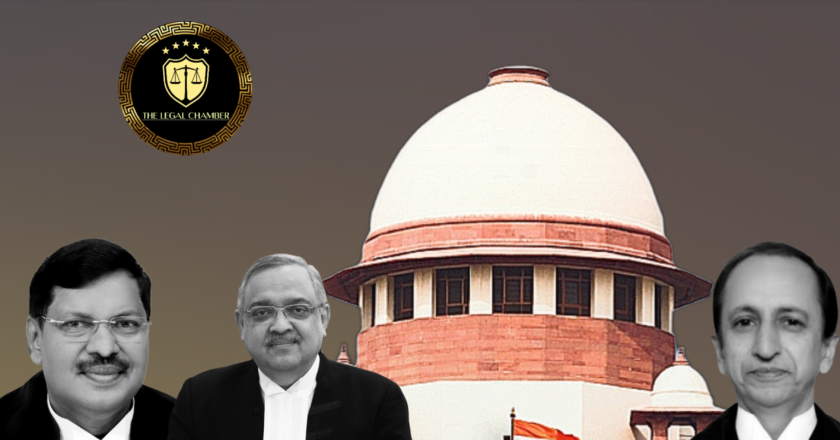Witness Protection vs. Bail Cancellation: Supreme Court Explains the Crucial Difference
This Supreme Court judgment clarifies the distinct legal roles of bail cancellation and the Witness Protection Scheme, 2018. The Supreme Court held that the Scheme is a curative measure to protect witnesses, while bail cancellation is a judicial remedy for violations of bail conditions. The existence of the Scheme cannot be a ground to deny cancellation of bail when an accused intimidates witnesses, as these are separate legal avenues serving different purposes.
Facts Of The Case:
The case originated from an FIR (No. 137 of 2022) lodged by the appellant, Phireram, for offences including murder and conspiracy under the IPC. The accused were arrested and subsequently granted bail by the High Court, subject to specific conditions prohibiting them from threatening witnesses or tampering with...
